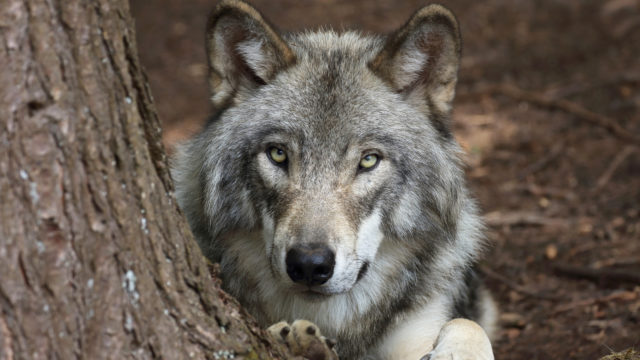
A state’s criminal animal cruelty statutes may address animal fighting generally or may identify specific types of animal fighting, such as dogfighting, cockfighting or hog-dog fighting, as unlawful. Dogfighting is a felony in all 50 states and the District of Columbia. Cockfighting is illegal in all 50 states and the District of Columbia, and is a felony in 37 states and D.C. The “hog-catching” method of hog-dog fighting is illegal in all 50 states and is a felony in 30 states; “hog-baying” events are rarely–if ever–prosecuted, despite being violations of most states’ cruelty and gambling laws.
Legal loopholes present many challenges to investigators and prosecutors. Possession of animals for fighting may be legal or only a offense according to some state laws, so investigators must penetrate a close-knit, underground community to get proof of fighting activities. Being a spectator at an animal fight may be legal or only a misdemeanor offense according to some state laws, so prosecutors must be able to prove who is an organizer in order to achieve a felony conviction for animal fighting.
Although animal fighting is illegal in all 50 states, the Animal Legal Defense Fund is working to make such crimes easier to prosecute and punishable by stronger penalties. The Animal Legal Defense Fund has drafted a recommended amendment to state laws that would enable prosecutors to charge animal fighters under the respective state’s Racketeer Influenced and Corrupt Organization Act (commonly referred to as “RICO”) statute. Applied to animal fighting, RICO,which was originally designed to be a weapon against a wide variety of organized criminal efforts, including drug dealing and gambling,would give prosecutors increased muscle in seeking justice for the animals abused and–as in the highly-publicized Michael Vick dogfighting case–executed by their owners. Most states currently have RICO statutes to which this amendment could be applied. As of January 2018, New Jersey and Texas have made dog fighting a predicate RICO offense; and Kansas has made both dog fighting and cockfighting predicate offenses. Notably, 6 states have made all forms of animal fighting predicate offenses: Delaware, Florida, Michigan, Oregon, Utah, and Virginia.
Why pursue state charges?
While federal law allows for the prosecution of animal fighting activities related to interstate or foreign commerce, state laws allow for the prosecution of animal fighting itself, as well as animal cruelty and animal neglect. Federal prosecutors are not likely to prioritize animal fighting cases, except in high profile cases like Michael Vick’s. Furthermore, it may be difficult to prove the “interstate commerce” requirements of the law. Therefore, it is vital to pursue state remedies as well.
Related
-
Opposing the Cultivation and Trade of Octopus Produced through Unethical Strategies Act Introduced in the U.S. Senate
The federal bill would prevent the industry from gaining traction by banning commercial octopus farming in the U.S.July 25, 2024 News -
Complaint Demands Endangered Species Act be Enforced Against Washington Sham Animal Sanctuary to Protect Animals
Predators of the Heart, sometimes also known as Because We Matter Exotic Animal Rescue, has threatened to kill endangered wolves if it is not allowed to reopen.July 16, 2024 Press Release -
Lawsuit Filed Against USDA for Issuing Animal Welfare Act License to Serial Violator Yellowstone Bear World
The complaint argues the wildlife park causes undue stress to bear cubs by offering bottle-feeding and photo opportunities to the public as well as separating them from their mothers.July 16, 2024 Press Release



